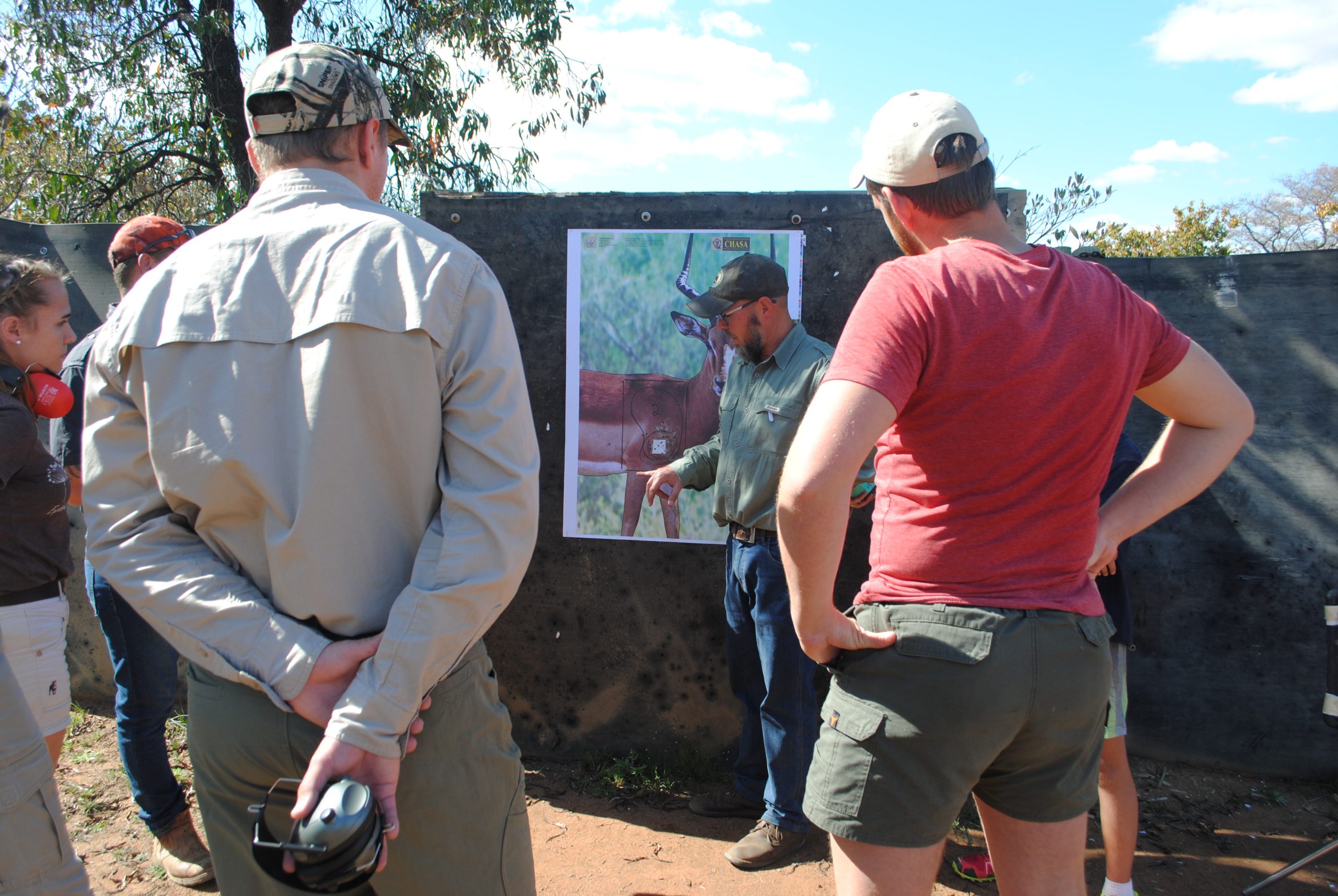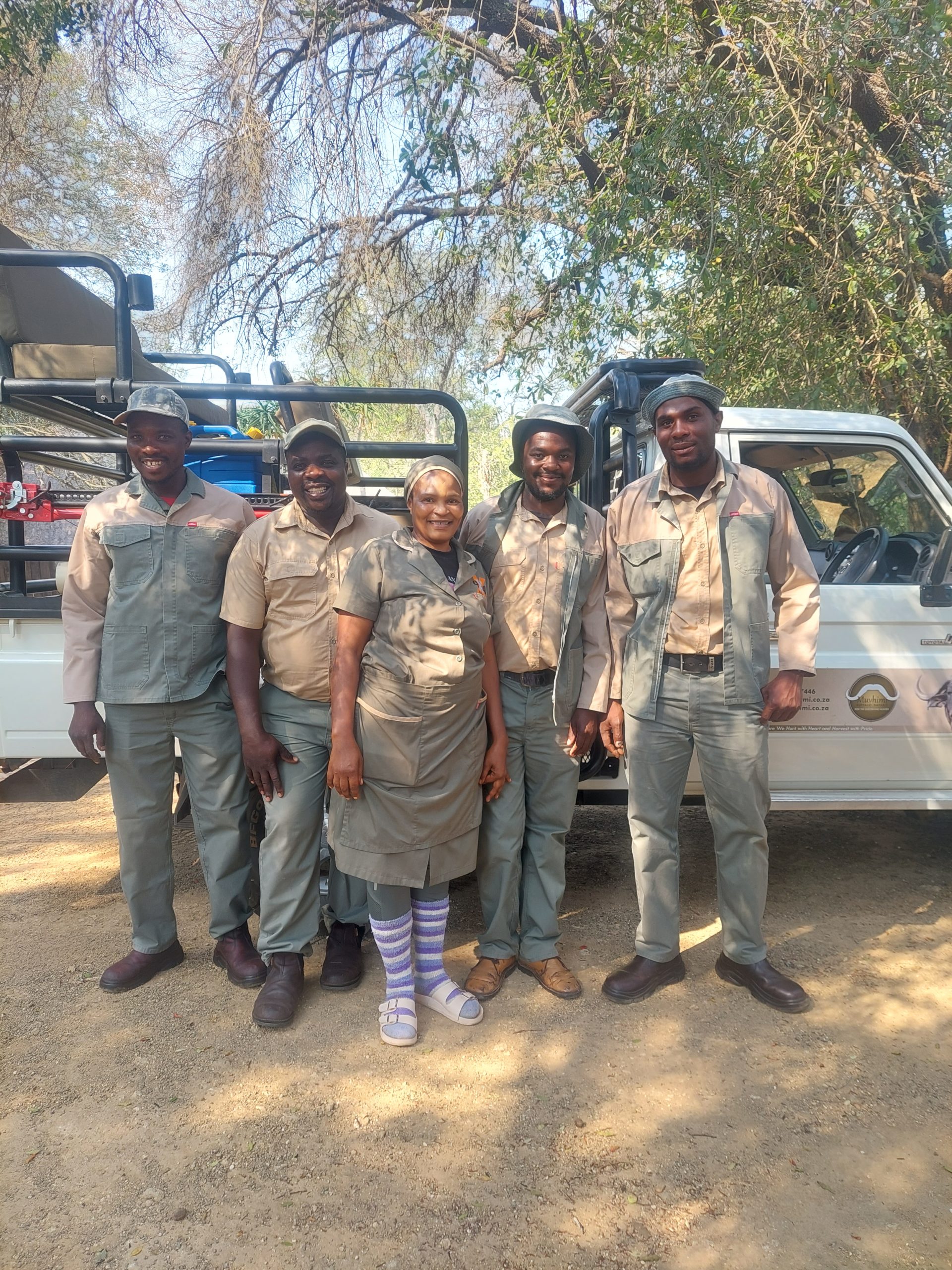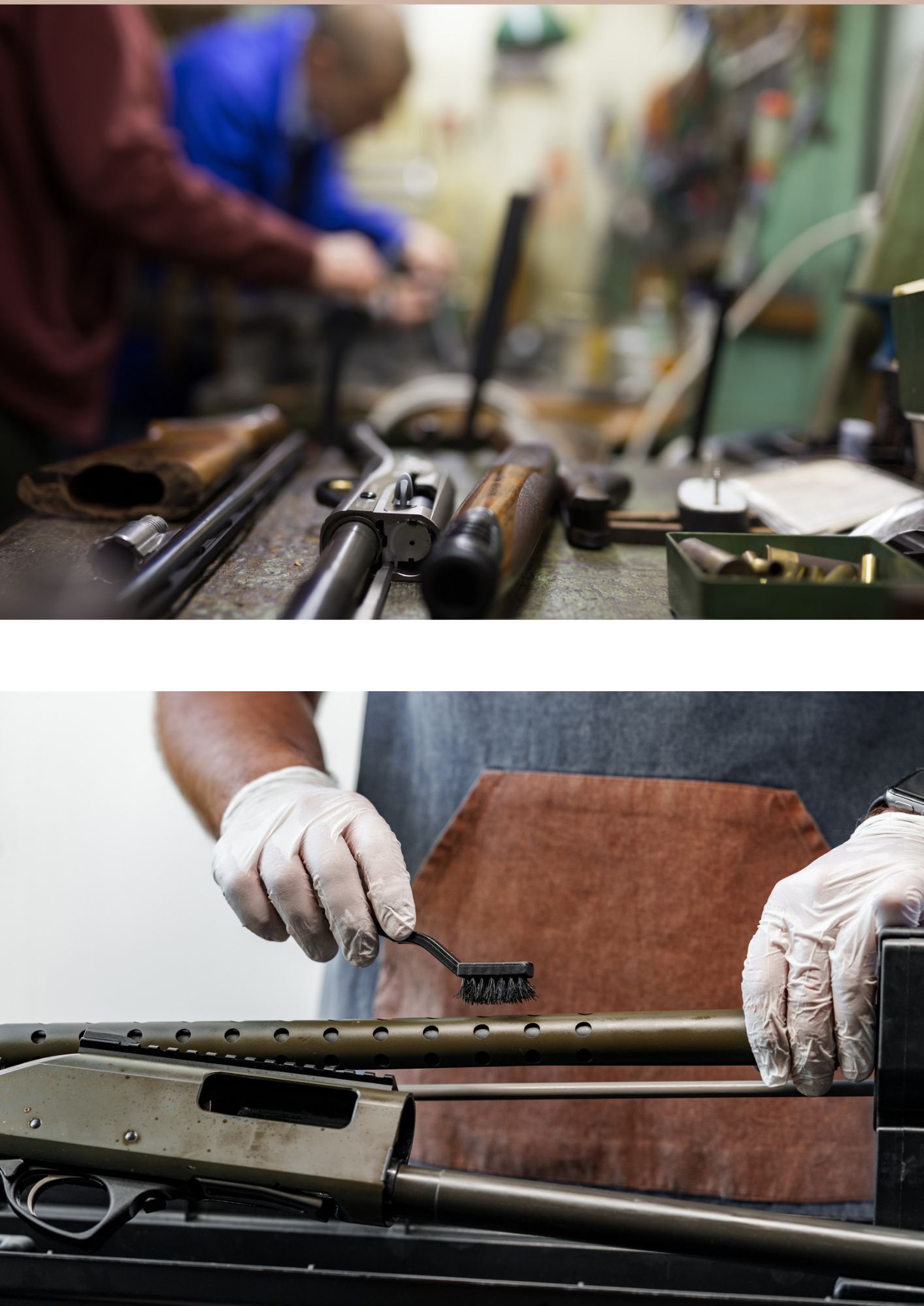When we think about hunting, our thoughts rarely move past the experience of the hunt itself. We don’t necessarily stop and think about the Socio-Economic impact of private wildlife in South Africa. We hardly consider that the seemingly simple act of booking a legal hunting safari, plays a massive role in the Wildlife Tourism sector of our economy. To add to this, it has a significant social impact on our rural areas, where education levels are low, and jobs are scarce. Not only does the meat from animals harvested provide much needed food for families in these areas, but it also often leads to employment opportunities.
When you sit yourself down and put some thought into the spectrum of skills required in this industry, it becomes apparent just how important it is for legal hunting to continue to grow and flourish. For any hunt to take place, we need the availability of quality, mature animals, and so we depend on the existence of game breeders, game farmers and all the staff they employ. This includes admin staff, bookkeepers, farm workers, veterinarians, just to name a few. The hunting outfitters and professional hunters of the world are the guys and ladies who must put in the hard work with the clients on the safaris. For a PH to become educated and qualified to guide a client on a safe and successful hunt, training schools are necessary. Here you have trainers, assessors, admin staff, cleaning staff and marketing staff. Once qualified, and starting up their operations, the Outfitter/PH in turn employ a variety of individuals, which can include admin staff, chefs, cleaning staff, skinners, trackers, and general workers. For marketing purposes, outfitters require brochures, banners, business cards, gifts for clients that would involve embroidery of logos onto clothing and other hunting apparel. Generally, the staff are also given branded clothing or uniforms to wear. This all result in income for local small businesses who specialise in branding of all these items.





